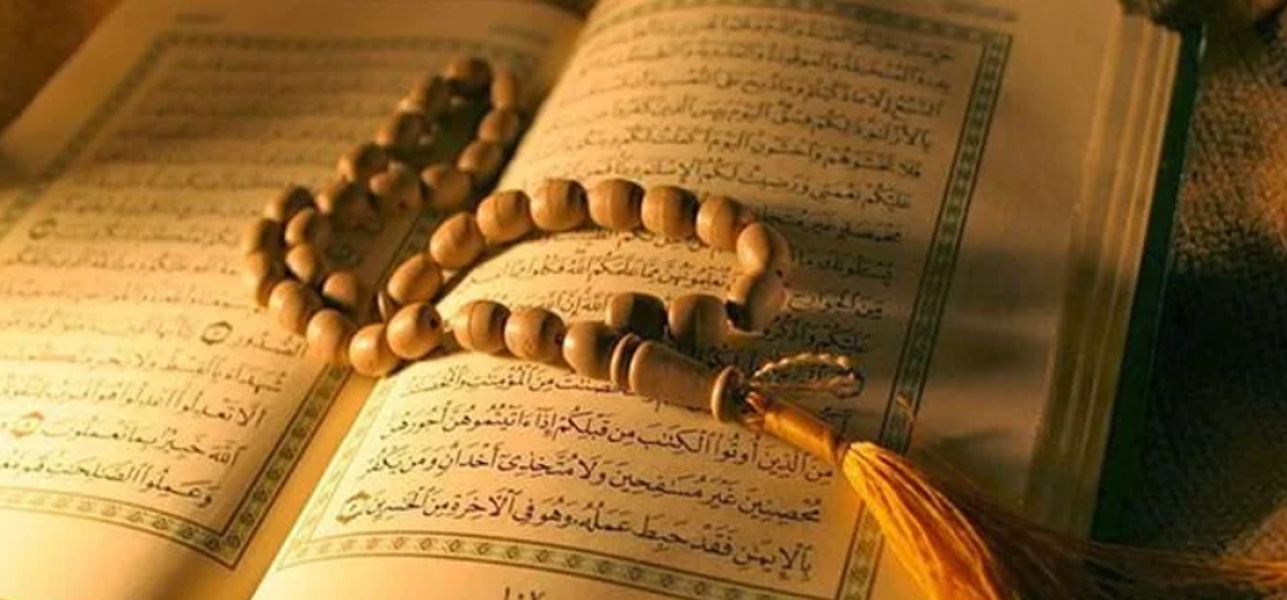Fawz (Victory) in the Holy Qur’an: A Living Framework for Personal and Societal Transformation
A Scholarly Manifesto for Contemporary Application
tive Summary (For Policymakers & Institutional Leaders)
Key Findings
The Qur’an’s concept of victory (al-fawz) has three dimensions:
Great (ʿaẓīm): Eternal salvation → Modern parallel: Systemic justice reforms
Major (kabīr): Divine reward → Modern parallel: Ethical economic models
Manifest (mubīn): Deliverance → Modern parallel: Measurable policy wins
Actionable Solutions derived from Quranic victory:
Climate action via earth stewardship (Q 30:41)
Mental health frameworks via Quranic resilience (Q 94:5-6)
AI ethics through accountability principles (Q 17:36)
The 10% Challenge:
Islamic institutions must allocate 10% of budgets to:
- Interdisciplinary Quranic research
- Scholar-practitioner training
- Community pilot programs
Recommended Actions
Governments: Fund “Qur’an & Contemporary Challenges” research grants
Universities: Launch Applied Tafsīr departments blending STEM/humanities
Mosques: Host “Living Fawz” workshops linking verses to local issues
Introduction: The Urgency of Quranic Renewal
In an era of unprecedented global crises, from climate collapse to spiritual alienation, the Qur’an’s concept of al-fawz (victory) demands reexamination. While classical scholars defined it as eschatological triumph, this study demonstrates how Quranic victory provides actionable solutions for modern challenges when interpreted through:
- Maqāṣid al-Sharīʿah (Higher Objectives)
- Contemporary Epistemologies (psychology, sustainability science, ethics)
- Community-Led Praxis (exemplified by IQRA’s mission)
Chapter One: Foundations of Quranic Victory
Section 2: The Three Dimensions of Quranic Victory
The Qur’an articulates victory (al-fawz) through three distinct yet interrelated typologies, each offering unique theological and practical insights:
The Great Victory (Al-Fawz al-ʿAẓīm)
Classical Definition: Eternal salvation and divine pleasure, epitomized by Paradise (Q 9:72).
Modern Application: This transcendent vision now informs systemic justice movements, where “great victory” manifests as the overthrow of structural oppression—whether economic inequality (Q 59:7) or institutionalized racism (Q 49:13).
The Major Victory (Al-Fawz al-Kabīr)
Classical Definition: The magnitude of divine reward, often symbolized by gardens and rivers (Q 85:11).
Modern Application: Today, this translates to ethical systems that prioritize collective flourishing—such as Islamic finance models resisting usury (Q 2:275) or community-led sustainability initiatives (Q 7:85).
The Manifest Victory (Al-Fawz al-Mubīn)
Classical Definition: Tangible deliverance from punishment, as in salvation from Hellfire (Q 6:16).
Modern Application: In contemporary terms, this signifies measurable policy wins, for example, prison reforms inspired by restorative justice (Q 12:92) or climate accords aligning with khilāfah (stewardship, Q 2:30).
Interconnectedness: These dimensions are not hierarchical but symbiotic. A “manifest victory” (e.g., passing an anti-corruption law) may pave the way for “major victory” (economic equity), ultimately contributing to the “great victory” of societal transformation.
Chapter Two: Victory for Our Times
Section 1: Solving Contemporary Crises
Mental Health Pandemic
Q 94:5-6 (“With hardship comes ease”) → Trauma-informed faith frameworks
Climate Emergency
Q 30:41 (“Corruption on land and sea”) → Muslim-led conservation models
Digital Age Ethics
Q 5:2 (“Cooperate in righteousness, not sin”) → Ethical AI partnerships
Section 2: The New “Fāʾizūn” (Victorious)
Profile 1: The Ecological Steward implementing Q 2:205’s ban on earth’s corruption
Profile 2: The Social Healer operationalizing Q 49:13’s diversity principle
Profile 3: The Knowledge Integrator bridging Quranic wisdom with STEM
Chapter Three: A Roadmap for Institutional Change
Section 1: The 10% Reformation Challenge
To all Islamic universities and research centers:
Allocate 10% of annual budgets to contemporary Quranic research that:
Interrogates modern problems through Quranic lenses
Produces policy-ready frameworks
Trains cross-disciplinary scholars
Rationale:
Matches the ‘ushr (tithe) tradition for knowledge
Creates critical mass without destabilization
Section 2: IQRA’s Pioneering Model
Open-Access Platform: Database of modern tafsīr projects
Scholar-Practitioner Fellowships: Training imams in mental health first aid
Annual “Living Fawz” Report: Benchmarking progress
Conclusion: Our Covenant with the Qur’an
The verse “My Lord! Increase me in knowledge” (20:114) is both a prayer and a revolutionary manifesto. Through:
Rigorous contemporary scholarship
Institutional commitment (the 10% pledge)
Grassroots implementation
We fulfill the Qur’an’s promise as “a healing and mercy” (17:82) for today’s world.
Final Call:
“Will you be among those who make the Qur’an’s victory manifest?”
Appendices
- Priority Research Areas for the 10% Allocation
Qur’an & Neuroscience: Ritual prayer’s impact on trauma recovery
Qur’an & Circular Economics: Zero-waste models from isrāf (waste) prohibitions
Qur’an & Digital Ethics: Algorithmic accountability frameworks
- IQRA’s “Living Fawz” Pilot Projects
Green Mosques Initiative: Applying Q 2:205 to carbon-neutral mosque design
Tafsīr for Teens: TikTok-style videos on Quranic solutions to cyberbullying
Final Call to Action
“The Qur’an’s victory is not in libraries, but in healed communities, restored ecosystems, and ethical technologies. Let us be the generation that closes this gap.”
Three Steps to Start:
Institutions: Endorse the 10% challenge at iqra.org/pledge
Scholars: Submit contemporary tafsīr to IQRA’s open archive
Individuals: Host a discussion using this article’s questions
